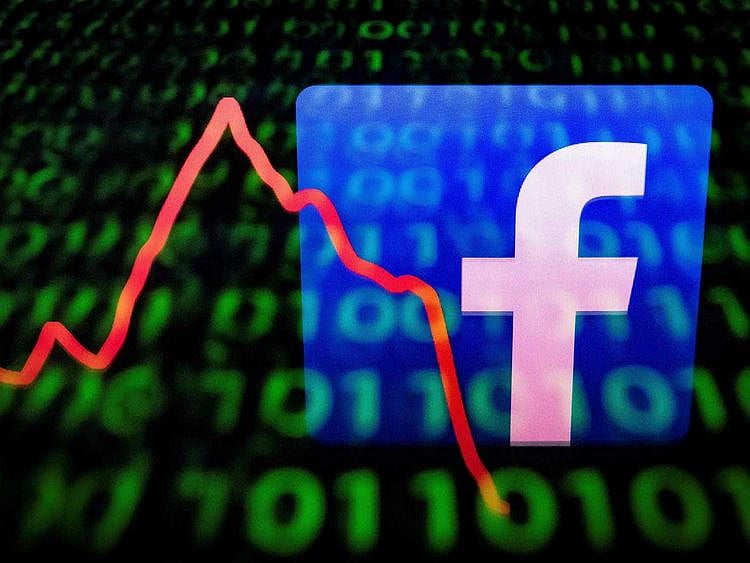The world is moving rapidly towards more digital currencies, a development that will radically change the nature of financial transactions, but resulting in positive and negative implications. It is true that digital currencies can be easily used regardless of the country or the region, but there is a chance of hacking and losing that wealth, especially as the legal structure governing digital currencies is plagued by shortcomings and will need years to turn practical.
Last week, Facebook founder Mark Zuckerberg launched the digital currency “Libra”, which was coupled with announcing the establishment of a non-profit organisation bearing the same name and involving 27 companies. This is in addition to a subsidiary dubbed “Calibra”, which will lay the foundation for dealing in Libra through an electronic portfolio available through WhatsApp and Messenger and with the possibility of using smartphones in Libra transactions.
It is a bit weird that unveiling the new currency, expected to be implemented in the next year, has coincided with an increase in the value of the controversial cryptocurrency Bitcoin, which we call the “ghost currency” because of its ambiguity and the failure to know who is behind it.
It is necessary to distinguish between digital currencies, although we will see further such currencies in the future that belong to prestigious institutions and others that belong to unknown entities. An untrusted cryptocurrency can without doubt expose users to losses, especially as it has become the preferred method for money laundering, drug dealers and terror-supporting countries.
For example, if we have a quick comparison between Bitcoin and Libra, we will find that there is a huge difference. The first is a “ghost” roaming freely on the internet without being seen. You cannot even refer to anyone in case of any stealing, which has happened so many times to people and institutions.
Libra has been launched by a well-known entity, which coordinates with central banks and with the likes of MasterCard, Visa, Vodafone, Uber and Booking. More institutions are expected to join in the payment system if things go in the right direction. Interestingly, Facebook is also seeking to establish a state-of-the-art financial infrastructure for payment in the new digital currency by Blockchain.
The other positive aspect is that the company intends to set up a risk management department. More importantly, Facebook has announced its desire to compensate anyone exposed to losses when dealing in the currency. This means providing a guarantee that is not available to other digital currencies. However, Facebook’s pledge needs regulations and legislation, as there are many things hidden in the details and are written by the banks in small print, which require microscopes to read.
So far, regulations are not available, which means people should be patient and not rush to use Libra as soon as it is launched. It is widely known that when any commodity is launched, it will be associated with a lot of imbalances and speculation, and retail investors are not up for it.
The digital currency system will take some time to bridge the gaps, and no can underestimate the methods hackers can engage in. Despite these caveats, Facebook and Libra will make a quantum leap in monetary transactions and will open up new horizons that are easier, faster and cost-effective in trading and transferring money and moving it around.
This development will be unprecedented, unlike other digital currencies that trade in the shadows.
Dr Mohammad Al Asoomi is a UAE economic expert and specialist in economic and social development in the UAE and the GCC countries.
Sign up for the Daily Briefing
Get the latest news and updates straight to your inbox
Network Links
GN StoreDownload our app
© Al Nisr Publishing LLC 2026. All rights reserved.
